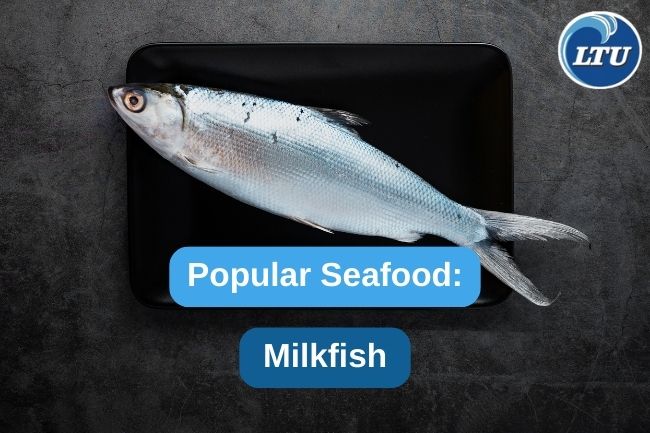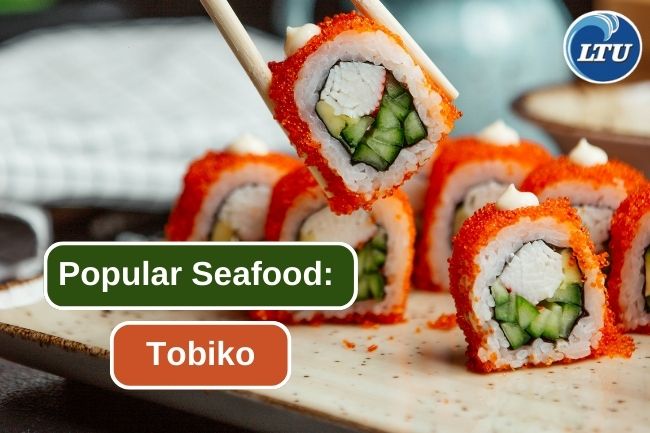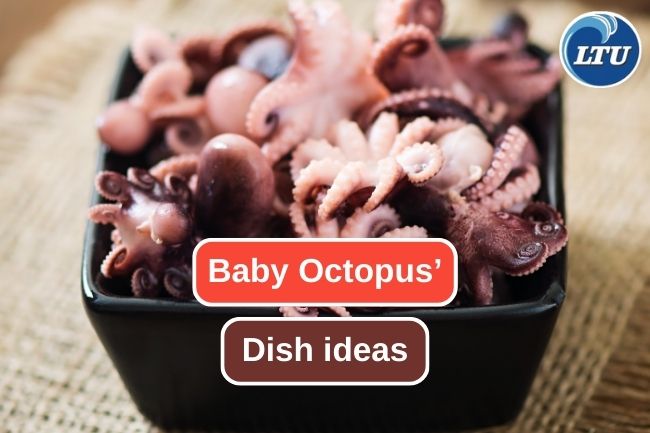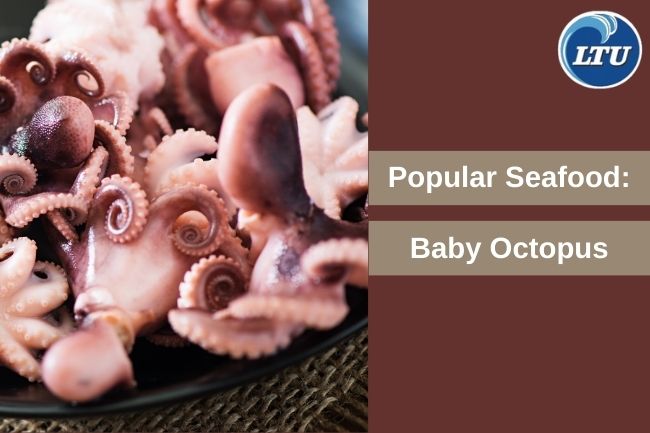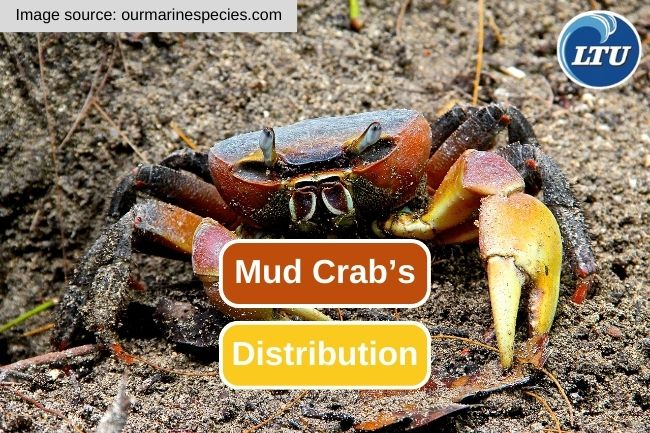These Are 5 Sea Creature That Can Produces Collagen
By. Nevanda - 09 Jun 2023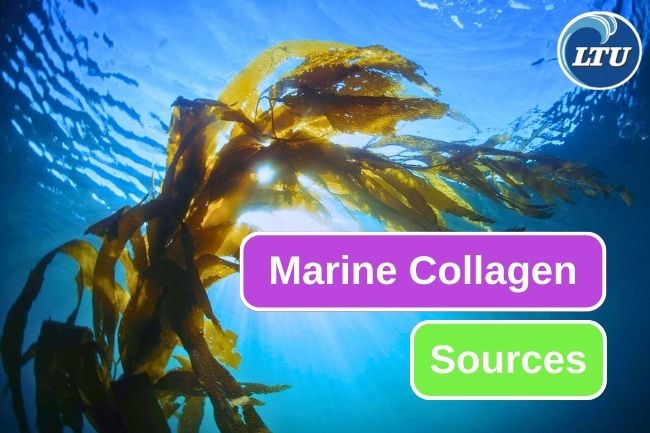
lauttimur.com - Marine collagen, derived from various sea creatures, has gained significant attention for its potential applications and benefits in a range of industries. Marine creatures offer a variety of potential sources for collagen extraction. The collagen derived from sea creatures is used in various applications, including food supplements, cosmetics, biomedical research, and the production of skincare products due to its beneficial properties for skin health and tissue repair.
Various sea creatures can serve as sources of collagen. Here are some examples:
1. Fish
Collagen can be found in the skin, scales, and bones of fish. Fish collagen is commonly extracted from species like cod, salmon, and tilapia.
Read also: Sturgeon Farming Process To Extract Caviar
2. Shark
Sharks have a high collagen content in their cartilage, particularly in the fins and skeleton. Shark cartilage is sometimes used as a source of collagen.
3. Shellfish
Certain shellfish, including shrimp, crab, and lobster, contain collagen in their shells and exoskeletons. These sources can be utilized to extract collagen.
4. Cephalopods
Squid, cuttlefish, and octopus are examples of cephalopods that have collagen in their skin and connective tissues.
5. Sea cucumbers
Sea cucumbers are marine animals known for their high collagen content. Their bodies are composed primarily of collagen fibers, making them a valuable source of collagen.
Read also: Lobster Mac And Cheese Recipe You Should Try
6. Jellyfish
Jellyfish possess a collagenous mesoglea, the gelatinous substance that makes up their bodies. This mesoglea can be a source of collagen.
7. Algae and Seaweed
Some species of seaweed and algae contain collagen-like proteins, although they may not be true collagen. These sources are being explored for potential collagen extraction.
It's important to note that the collagen content and quality can vary among different sea creatures. The specific extraction methods and processing techniques also play a crucial role in obtaining collagen of desired purity and functionality.
Furthermore, the sustainable aspects of marine collagen extraction are gaining attention. Utilizing by-products from the fishing industry, such as fish skins and shells, reduces waste and enhances resource efficiency. This aligns with the principles of circular economy and sustainability.

